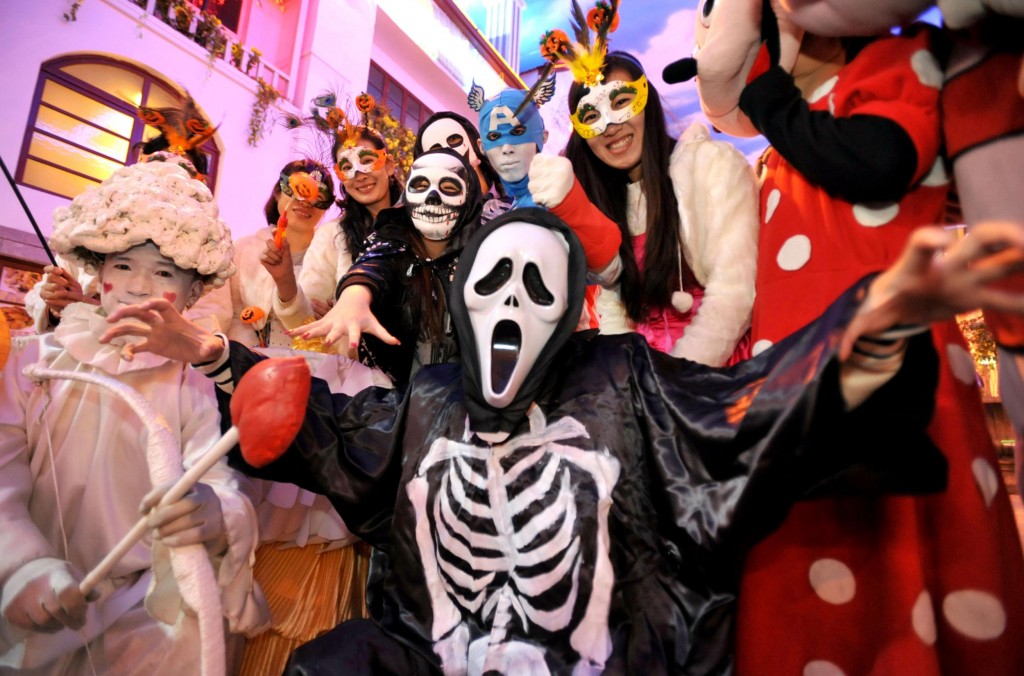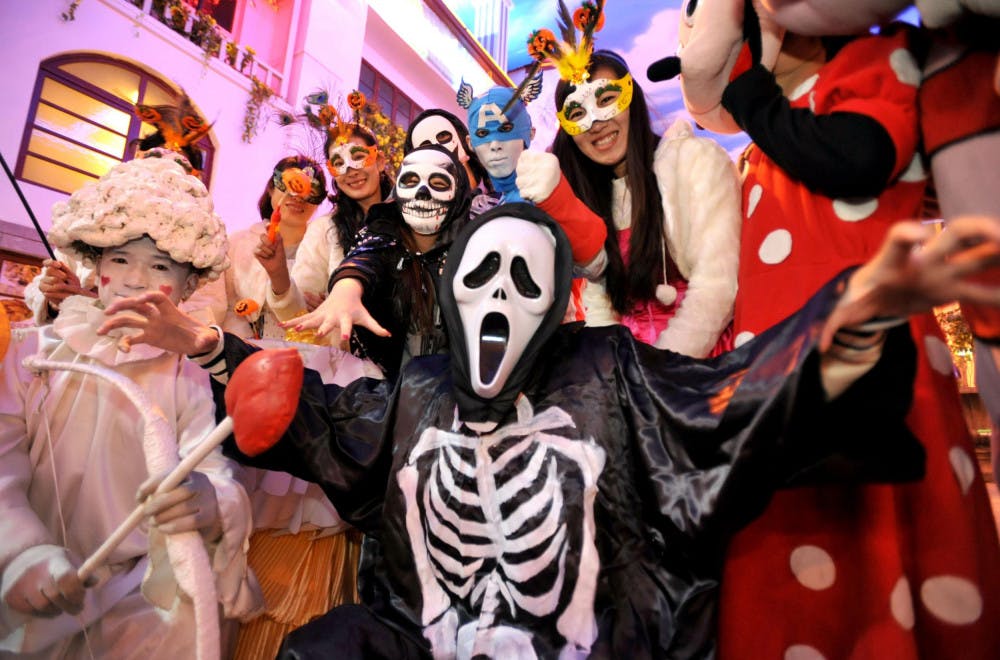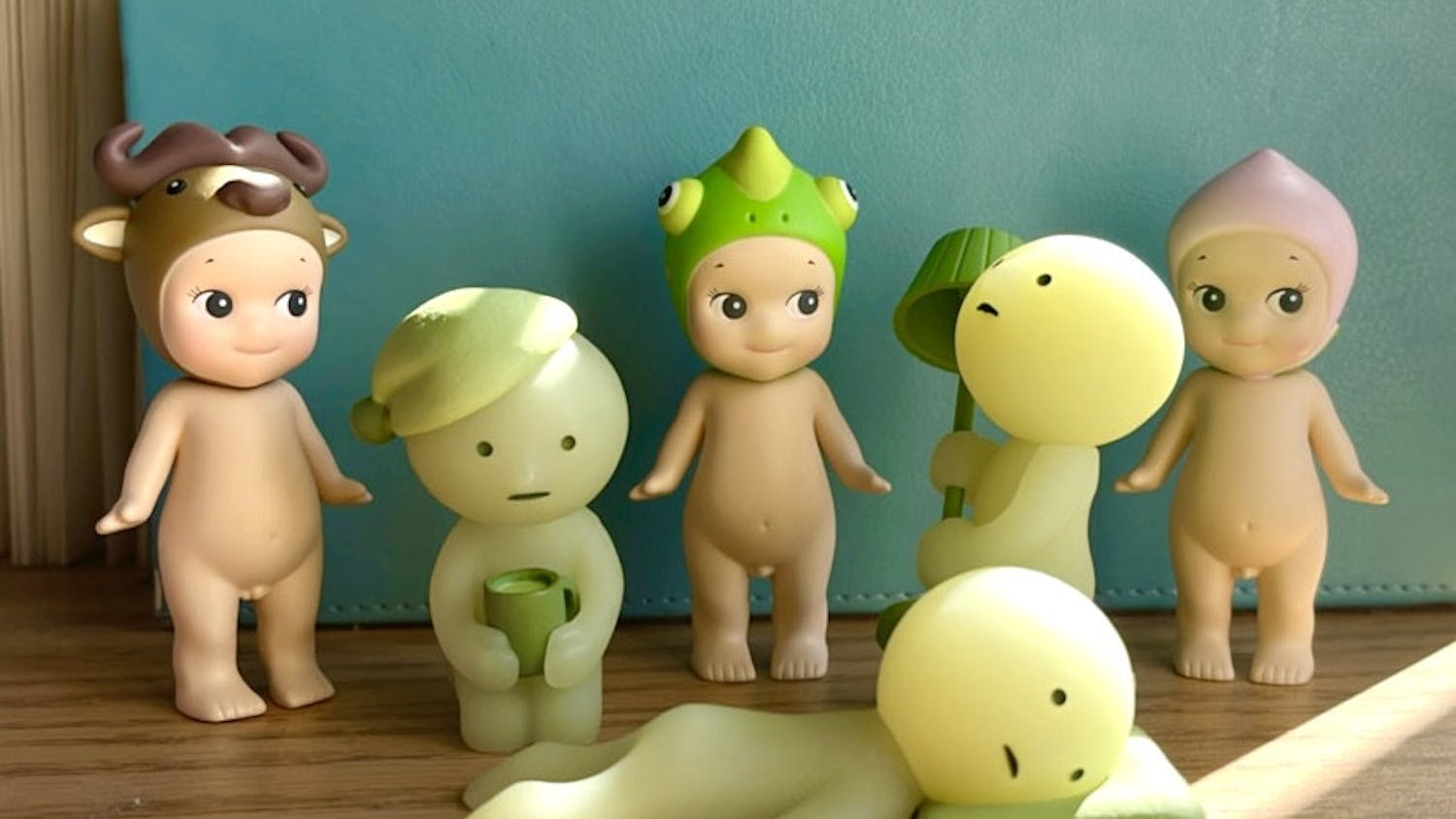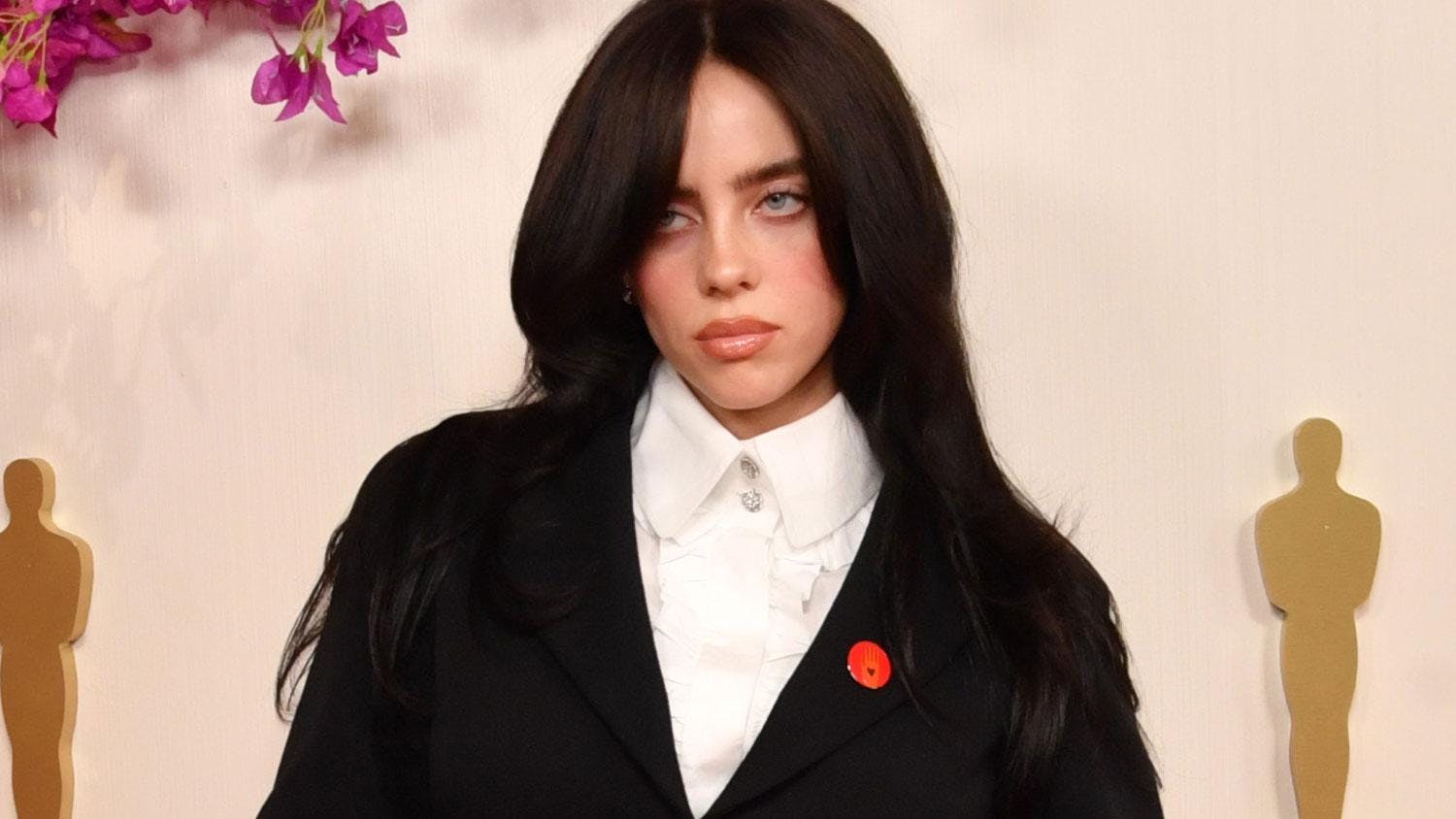By Sydney Shaw
Opinions Editor
The “We’re a culture, not a costume” campaign, founded at Ohio University in 2011, succeeds in exposing cultural appropriation that has been ingrained in today’s society. Posters advertise slogans like, “You wear the costume for one night. I wear the stigma for life,” and “This is not who I am. This is not okay.”
One poster depicts a young black girl holding up a photo of a white student posing as a “gangster” — painted from head-to-toe in dark brown body paint, dressed in a black tank top, snapback hat and a chain. Another illustrates a white man wearing “Asian eye” glasses, in a flannel shirt, suspenders and holding a stack of textbooks.
Although I did not see students at the College clad in such blatantly racist attire this weekend, the campus community definitely needs a lesson in how to select a non-offensive costume — sexually, culturally and religiously.

I am anti slut-shaming. I believe all people can wear as much or as little clothing as they deem appropriate. Individuals should feel comfortable in their own skin and dress in a way that makes them feel good about themselves, regardless of whether others approve of their ensembles. You want to be a Playboy bunny for Halloween? Fine. A sexy cop? Go for it. But it is wrong to exploit an entire culture by manipulating sacred outfits, symbols and traditions into a sexed-up Halloween costume.
Take dressing like a Native American, for example. One girl posted photos wearing tight brown shorts, a brown tank top and a feather headdress. A friend from home was a “PocaHottie,” with boyfriend John Smith at her side.
“What’s wrong with dressing like an Indian?” First, Native Americans didn’t dress in booty shorts and wipe warpaint across their faces to go out partying. If you replaced the feather headdress with cat ears and the face paint for some drawn-on-whiskers, though, you’d be golden. Like I said, people have every right to show off their body to the extent they choose. But Native Americans are a marginalized culture that has suffered from oppression for hundreds of years, and still struggle with stigmas of alcoholism, gambling and mental illness. Exploiting a minority for the sake of a sexy Halloween costume is outrageously insensitive.
“But Pocahontas is a Disney princess.” True. But she was also a real person named Matoaka. Pocahontas, a nickname meaning “the spoiled one,” was taken prisoner when she was 17 by Jamestown colonists who intended to trade her for concessions from her father, Chief Powhatan, according to The Powhatan Renape Nation’s website. After being held hostage for a year, Matoaka agreed to marry John Rolfe as a condition of her release. Rolfe changed her name to Rebecca, and soon, she bore him a son. She died at the ripe old age of 21, most likely from smallpox.
Doesn’t that sound like a nice story? Is Pocahontas a character you want to dress up as to have a good time on Halloween? I doubt that anybody intentionally tried to offend Native Americans, but regardless, your fun should not come at the cost of another culture’s representation.

Another costume I scrolled past several times on Instagram was that of a Middle Eastern man. Some photos were of men with wigs and fake beards holding a Koran. Others bore the caption “Allah akbar.” It is painfully obvious what is wrong with this costume.
In fact, Walmart just recently pulled the “Pashtun Papa” costume from its shelves — a mock-up of traditional Afghan robes and turban, accessorized with a fake silver beard.
Before putting on a garment like this one, ask yourself a few questions: What statement am I trying to make? Is this costume funny, and if so, at whose expense? Am I exploiting another culture to make a poor socially- or politically-charged joke? If so, do not wear it.
The list of culturally appropriated costumes goes so much deeper. Geishas are real people who are skilled in conversation and dance and suffer with the stigma of being prostitutes. Wearing a tight, skin-showing geisha costume on Halloween only reinforces the negative stereotypes. Do not wear a baja poncho with a big sombrero on your head and a mustache taped to your lip. Why take the risk of affronting anyone when you could be Rosie the Riveter, or even pull in your roommate and dress as Mermaid Man and Barnacle Boy?
Although you may have good intentions as Halloweekend approaches each year, make sure it goes along with a full understanding of what you are dressing up as.







